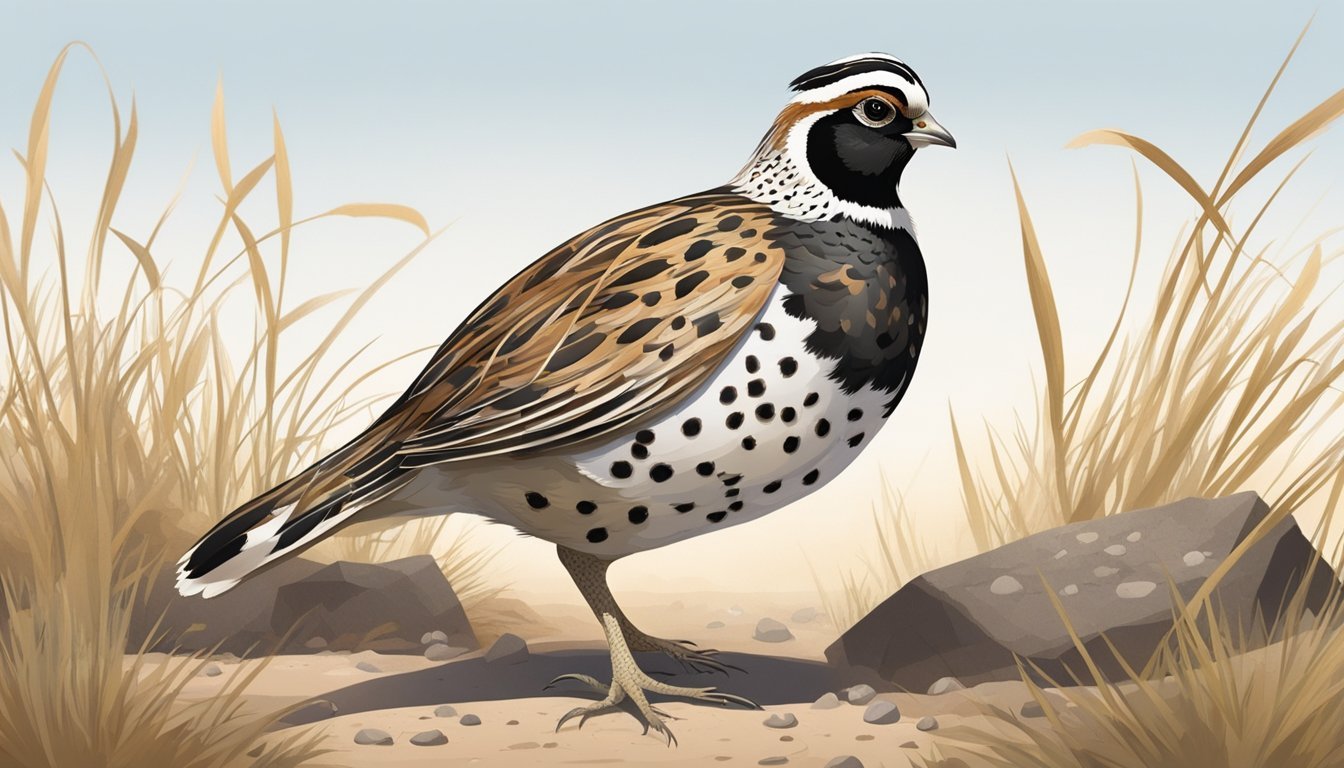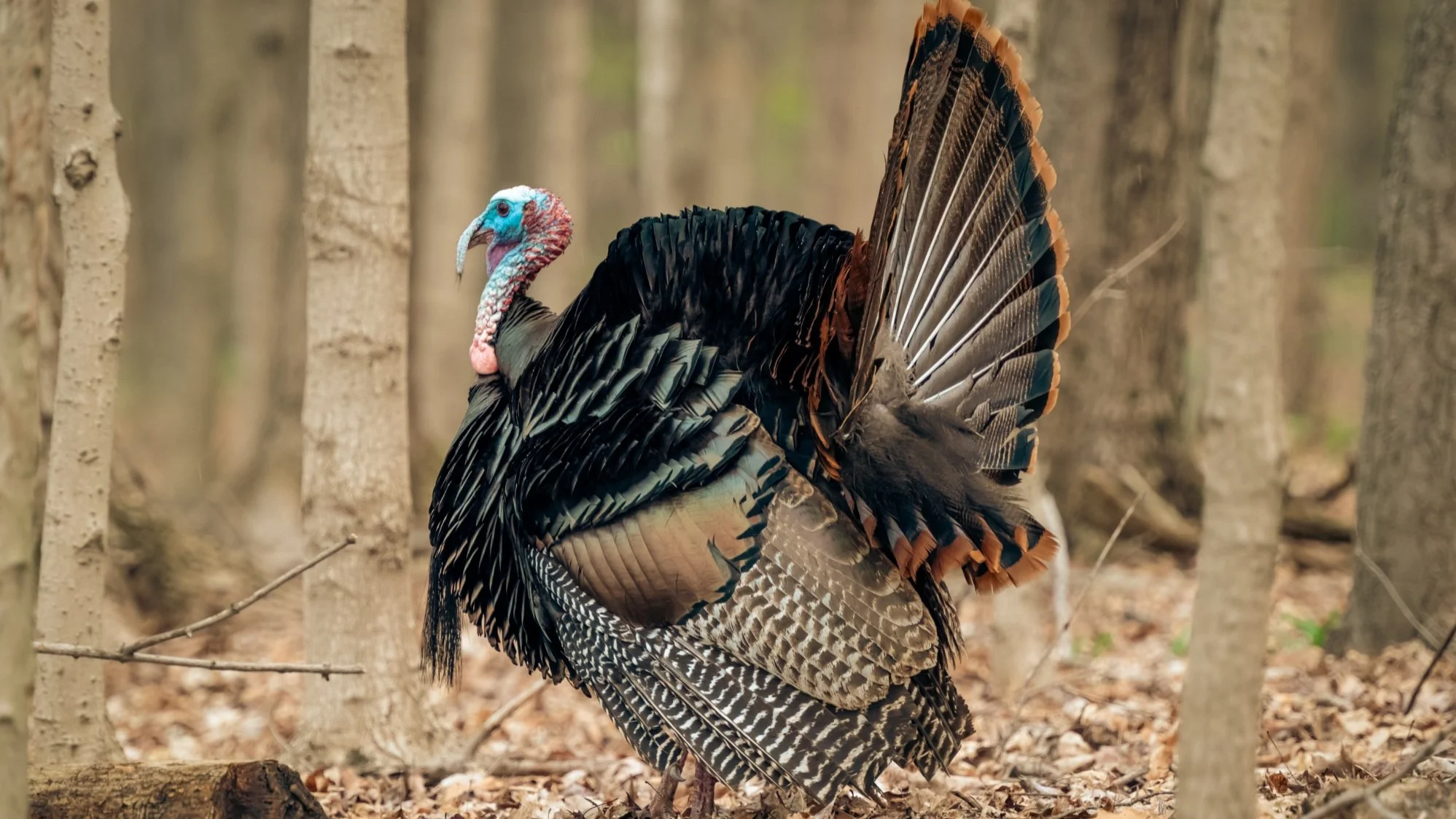Poultry for Your Homestead
Whether you are looking for eggs, meat, or your very own petting zoo, there is a wide variety of poultry to choose from for your homestead. Chickens, in particular, are incredibly popular and for good reason. They provide an abundant supply of fresh eggs, can be used for meat, and add that charming sound of a rooster crowing in the morning. However, it's important to note that chickens are not the only option available. Other common poultry choices for homesteads include ducks, turkeys (What wine goes well with turkey?), geese, guinea fowl, pigeons, as well as ornamental and game birds.
After weighing the benefits and challenges of raising poultry, you must choose the right type of birds to suit your homestead. Chickens are the most popular among homesteaders and are easy to care for, but other poultry types such as ducks, turkeys, and geese are also good options. Each bird type has different requirements, including feed needs, shelter, and fencing.
Chickens are by far the most popular type of poultry for homesteaders. They are easy to care for, produce a steady supply of eggs (and meat, if you're so inclined), and come in a wide variety of breeds. Some breeds are better suited for meat production, while others are known for their egg-laying abilities. When choosing a breed, think about what qualities are most important to you – whether it be temperament, egg color, or meat production – and do some research to find the right fit.
Ducks are another great option for homesteaders, particularly those with a pond or other body of water on their property. While they do lay eggs, their egg-laying abilities pale in comparison to that of chickens. However, they make great foragers and can help keep pests under control. Some breeds, such as the Pekin and the Muscovy, are also known for their meat production.
Turkeys are a bit less common on homesteads than chickens or ducks, but they can make a great addition for those looking to raise their own Thanksgiving dinner. Turkeys are larger than chickens and require more space, but they are also hardier and can be more self-sufficient. When choosing a breed, consider how much space you have available and what type of meat you prefer – some breeds, such as the Broad Breasted White, are known for their large size and meaty flavor.
Guinea fowl are a lesser-known type of poultry, but they can be a great addition to a homestead. They are known for their loud, distinctive call, which can help keep predators away from your other birds. Guinea fowl are also great foragers and can help control ticks and other pests. They do lay eggs, but not as frequently as chickens or ducks. When choosing a breed, look for those that are known for their hardiness and adaptability.
Quail (What wine goes well with quail?) are a small and less demanding type of poultry. They don't require as much space as chickens or ducks, and they don't make as much noise. They are also known for their tasty eggs and meat. Some homesteaders choose to raise quail in addition to chickens, as they can provide a different flavor and texture to meals. When choosing a breed, look for those that are known for their egg-laying abilities.
Benefits of Raising Poultry for Your Homestead
One of the most significant benefits of raising poultry is a self-sufficient food source. Chickens, ducks, geese, and turkeys can produce fresh eggs and meat, eliminating the need for store-bought chicken or turkey. They also help in pest control, keeping the yard free from pests such as ticks and grasshoppers. Additionally, poultry droppings are a superb fertilizer for homestead gardens.
Challenges of Raising Poultry for Your Homestead
Despite the numerous benefits of keeping poultry, there are also some challenges that homesteaders face. For instance, poultry often attract predators such as foxes, raccoons, and hawks, which can threaten the birds' lives. This means that you may need to invest in predator-proof enclosures and fences to keep your birds safe.
Caring for Your Poultry
Keeping your birds healthy is crucial for your homestead's success. There are several things you should observe to ensure your birds stay healthy, including regular feeding, water access, proper ventilation, and shelter. You should also keep your coop clean and maintain good hygiene to prevent diseases.
Tips for Homestead Poultry Owners
If you're a beginner in poultry keeping or just looking for some tips to make the process easier, there are several things you can do. One significant tip is to start small with a few birds and expand as you gain experience. You can also connect with other homesteaders or poultry keepers in your area to get advice and inspiration.
Here are some other top tips:
Security Measures for Chickens
Keeping your chickens in a safe environment is crucial to their health. Keep your hens close to the house, and make sure they're protected from predators such as coyotes, foxes, and raccoons. A sturdy fence can do the trick. Provide adequate shelter for your chickens such as a coop for them to roost in at night. You can even put some wired-mesh to further protect your chickens from predators.
Feeding Your Chickens
Nutrition is vital when it comes to raising any kind of livestock. Chickens need a balanced diet of grains, seeds, vegetables, and fruit. Feeding them scrap leftovers from the kitchen is a great way to provide necessary supplements. Your hens will also be more productive if you provide them with adequate protein. You can purchase formulated feeds from reputable stores, or you can mix your own feeds following comprehensive guidelines on poultry nutrition.
Accessing Fresh Water Supply
Water is necessary for the health of your chickens. Your birds require a full-time access to fresh and clean water. Proper water consumption can also improve egg production. Ensure that there is always available water source available to your chickens, especially during hot seasons.
Maintaining Proper Hygiene
To ensure the good health of your chickens, proper hygiene is paramount. Keep precise records of your hens, especially any medications, vaccines, or illnesses. A clean coop is crucial to maintaining good hygiene. Daily coop cleaning can keep away pests, diseases, and parasites. Other chicken-related items like feeders, waters, and nest boxes should also be cleaned regularly to avoid any disease outbreaks.
Observation and Care of Chicks
The adoption of new chicks or the hatching of eggs requires extra care. Check regularly that your chicks are warm and have enough food and water. Provide chick feeders and waterers to ensure their needs are met. Don't overcrowd your chicks- they need space to move around; a brooder box is recommended. Check chick's brooding temperature regularly. You can do this by keeping a thermometer to know if the temperature is excellent. Proper ventilation, lighting, and heat based on the chicks’ age are some key factors to take note of.
Conclusion
Poultry keeping for your homestead can be challenging, but it also has numerous benefits that make it worth the effort. The self-sufficiency, pest control, and fertilizer benefits make raising poultry an essential enterprise for homesteaders. However, it's vital to weigh the challenges and choose the best type of birds to raise, from shelter to feed needs. By following proper care and maintenance routines and gaining insights from other homesteaders, you can enjoy the rewards of raising poultry on your homestead.
Raising Pheasant
Discover the essential tips for raising healthy and thriving pheasants, a rewarding endeavor for bird enthusiasts and farmers alike. Learn about the care, habitat, and nutritional needs of these beautiful birds, whether you're interested in their ornamental appeal, hunting opportunities, or commercial potential. Our comprehensive guide will help you navigate the challenges and enjoy the rewards of raising pheasants on your farm or homestead.
Raising Doves
Discover the art of raising doves with our essential tips for a thriving aviary. Learn the best practices for dove care, from creating the perfect habitat to understanding their social needs. Whether you're starting with a pair or expanding your flock, our guide ensures a rewarding experience with these serene and elegant birds.
Coturnix Quail
Discover the joys of raising Coturnix quail, a compact and charming bird ideal for small-scale farming. Learn about their easy care, nutritional benefits, and how they can enrich your homesteading experience with their eggs and meat. Get expert insights into why these East Asian natives are a top choice for poultry enthusiasts.
Raising Guinea Hens
Delve into the rewarding world of raising guinea hens, prized for their striking appearance and hardy nature. Our comprehensive guide covers everything from care essentials to the benefits of integrating these African natives into your farm or backyard, ensuring a thriving flock.
Heritage Turkeys
Explore the world of heritage turkeys, a treasure of culinary history offering rich flavors and sustainable benefits. Learn about the breeds that trace back to North America's wild turkeys, meeting the American Poultry Association's standards for authenticity. Embrace the revival of these traditional birds and the exceptional dining experience they provide.
Raising Peafowl
Peafowl, with their exquisite feathers and noble demeanor, offer a rewarding experience for enthusiasts. They require dedicated care to meet their specific health and habitat needs.
Duck Eggs vs Chicken Eggs: A Nutritional Comparison for Better Health
Discover the key differences between duck eggs and chicken eggs, including taste, nutritional value, and culinary uses. While chicken eggs are the most common, duck eggs are gaining popularity for various reasons. Learn which egg variety suits your needs best with our comprehensive guide to the nutritional comparison of duck eggs vs chicken eggs.
Raising Mini Classic Turkey: A Comprehensive Guide for Success
Explore the world of Mini Classic Turkeys, perfect for small-scale farming. Learn their needs, from shelter and diet to breeding. Whether you're a beginner or experienced, this guide will equip you for successful turkey rearing.
Raising Emu in for Homesteading: A Comeback?
Learn how raising emus could be a profitable venture as an alternative livestock source. Find out why this hardy bird is making a comeback in the Lone Star State and discover the multiple opportunities - from eggs to meat, oil to fuel additives.
Eggstraordinary Flocks: Top Egg-Laying Duck Breeds for Homesteading
Ready to add ducks to your homestead and reap the benefits of fresh eggs? Learn why these duck breeds are some of the best egg layers around, and how you can add them to your farm.
Duck Dynasty: Best Meat Duck Breeds for Homesteading
From Muscovy Ducks to Mallards, explore the history of meat ducks around the globe and learn which breeds are best for homesteaders. Unlock flavor-filled dishes from traditional farms today!
Gobble Guide: Discovering the Best Turkey Breeds for Homesteading
From delectable meat to eye-catching plumage and even egg production - discover which turkey breeds are best suited for successful homesteading. Uncover a diverse cast of turkey breeds, each with its own unique qualities in this comprehensive guide!
Tiny Titans: The Best Quail Breeds for Homestead Prosperity
Looking to start quail farming? Here are some of the best breeds and species of quails that can help you unlock homestead prosperity. Learn more about ideal quail breeds today!
Geese that Lay Golden Eggs: A Homesteader's Handbook for Choosing the Best Breeds
Ready to add geese to your backyard flock? Discover the best breeds that lay golden eggs and how to care for them in this comprehensive homesteader's handbook. Dive into this feathery adventure now!
From Coops to Cuisine: A Comprehensive Guide on Raising Pigeons for Meat
Learn how to raise pigeons for meat with this comprehensive guide. Choose the right breeds, feed them a balanced diet, and care for their health to produce delicious and nutritious squab.
Low-Maintenance Poultry for Home: The Guinea Fowl
Discover the benefits of raising guinea fowl at home, from pest control to flavorful eggs. Learn about their requirements, breeding, and integration with chickens. Create a thriving environment for these unique birds on your homestead.

















